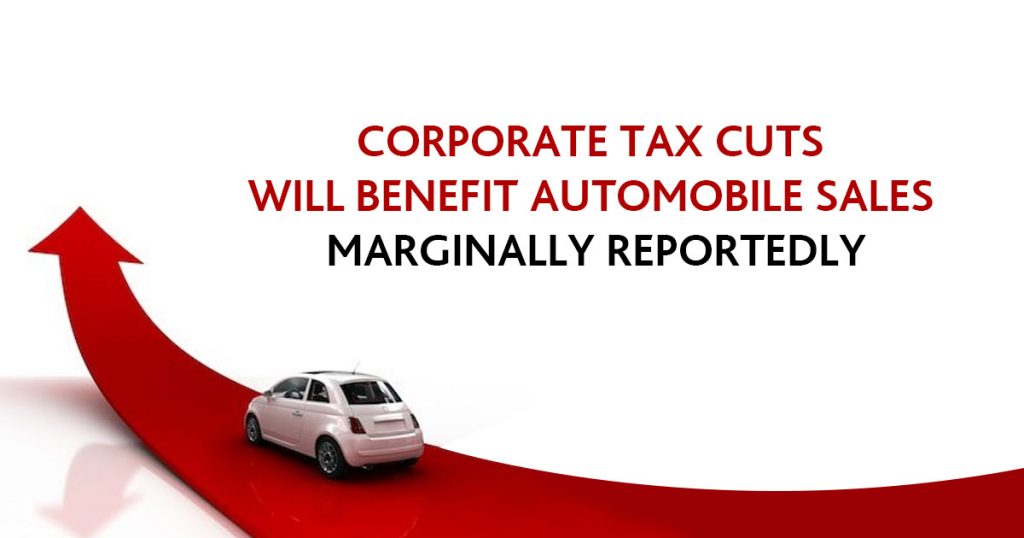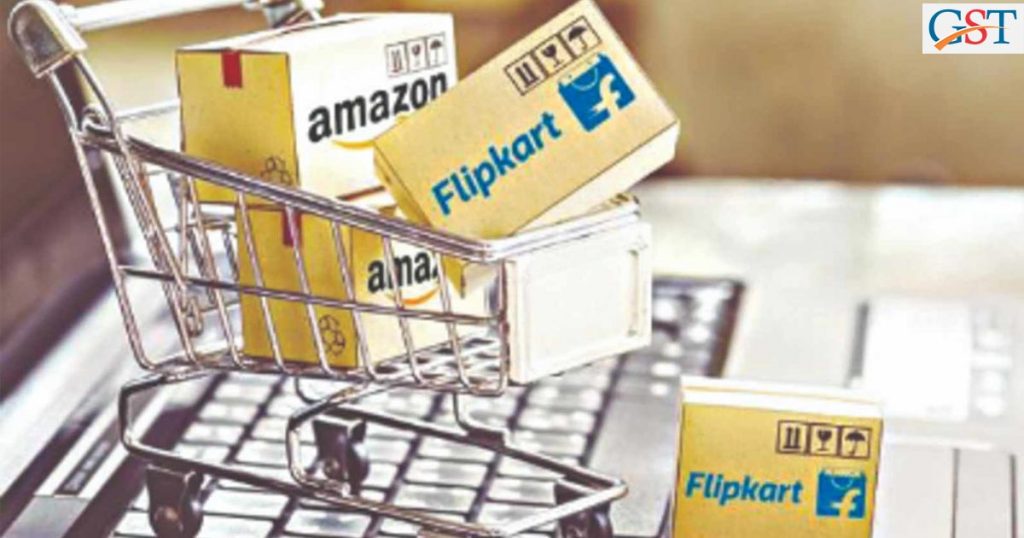
According to a report, auto sales which were witnessing a steep fall will only be benefited with a minimal discount of 1-2 per cent discount only as against to proposed massive reduction in corporate tax which brings down the levy on companies to 10-12 percentage points. In contrast to this, if the government offered a GST reduction, the automobiles demand to see a rise which helps the automakers in offering a discount of 7-8 per cent, the report further added. In the last two decades, the auto industry is witnessing the worst crisis and urging for a GST slash from prevailing 28 per cent to 18 per cent which supports the industry in raising dwindle sales.
However, the GST Council completely ignored the pledge of the auto industry as the Central government come up with the decision of reducing corporate tax rates to benefit entire India. It is for the first time the country is following the deepening slowdown within the last 45 years and the first quarter GDP is reflecting the same with a six-year low of 5 per cent. According to the reports, the states will bear around 50 per cent of the Rs 1.45 lakh crore tax giveaways, which will put their finances into a deep-freeze. Ahead of the GST council meet in Goa on September 20, finance minister Nirmala Sitharaman announced for GST tax rate cuts.
“Original equipment makers (OEMs) could choose to pass corporate tax cut benefits to customers, but this would imply only a 1-2 per cent additional discount as against 7-8 per cent if they were offered a 10 per cent GST cut (which did not happen),” foreign brokerage Jefferies quoted in a report. It is to be noted that the reduction in GST by a 10 per cent point would have brought on-road prices of the vehicle down by around 7-8 per cent, as per the report,” as a result, the issue of inventory pile-up ahead of the BS-VI transition in April persists, particularly for two-wheelers and medium and heavy vehicles.”
Considering a sharp surge in demand during the upcoming festive season, Maharashtra and Kerala region, among others observed a relatively weak demand in the first phase of the festive season, as suggested from the reports.
Consequently, OEMs will have to announce a heavy cut in pricing to bring inventory under control and to earn a share of the second half, the report suggests. The auto companies are already offering heavy discounts to overcome the crisis. If considered M&M’s Pawan Goenka records, a 20 per cent discount was already on offer which had been increased near about 30 per cent in Q1, the worst in two decades.
Read Also: How Corporate Tax Cuts Influenced the Indian Economy?
According to the report, the marginal tax rate cut from 34.9 per cent to 25.2 per cent would increase in earning per share about a 5-13 per cent for the OEMs. In other words, the tax cuts will boost OEMs earnings of around 5-13 per cent in the bottom line. However, the benefit would start witnessing from Q2, or even the write-back on higher taxes of Q1 and deferred tax liability showcased in Q2 number, it added. “We do not expect a significant turnaround in demand immediately and BS-IV inventory correction remains a headwind for 2HFY20. However, the measures have improved the prospects for a quicker and stronger recovery next fiscal,” the report concludes.

